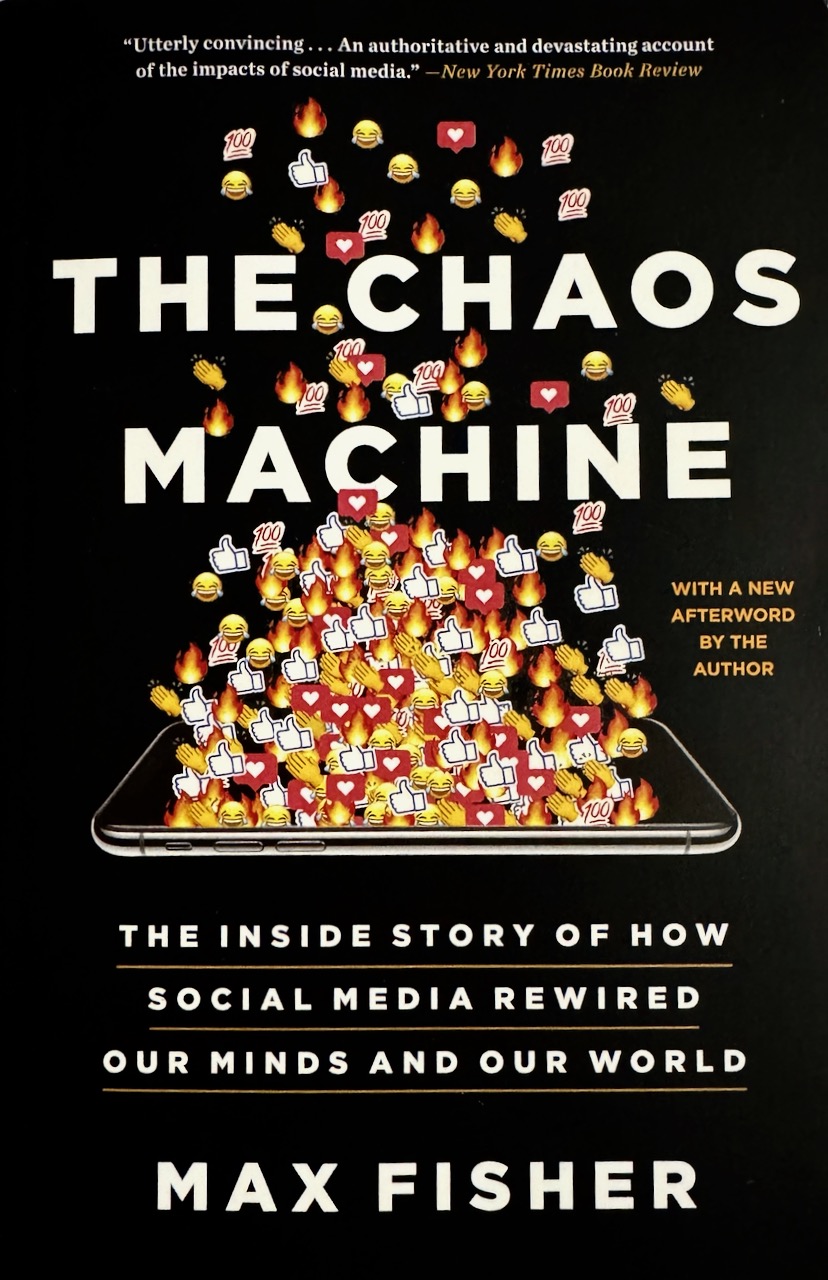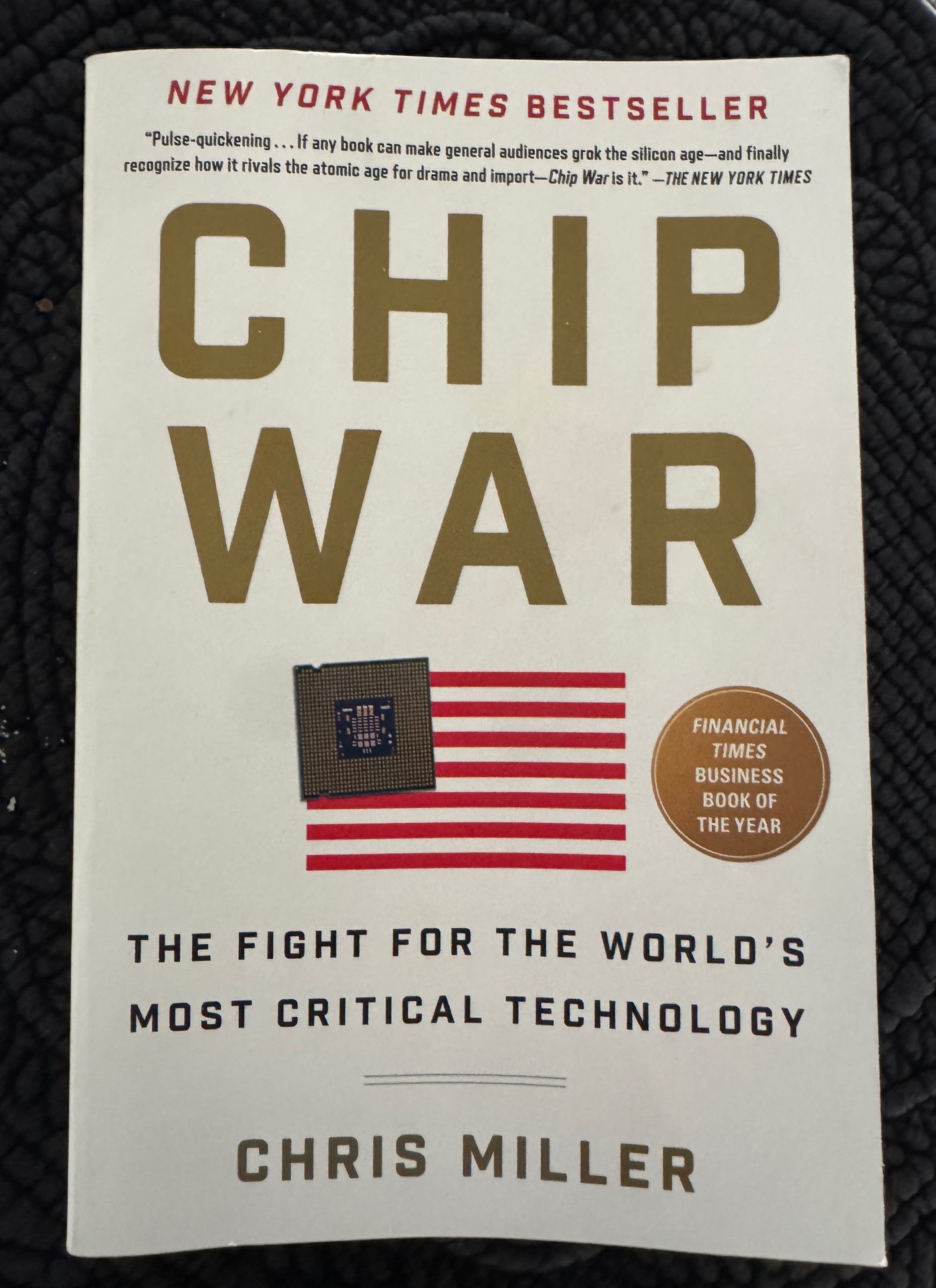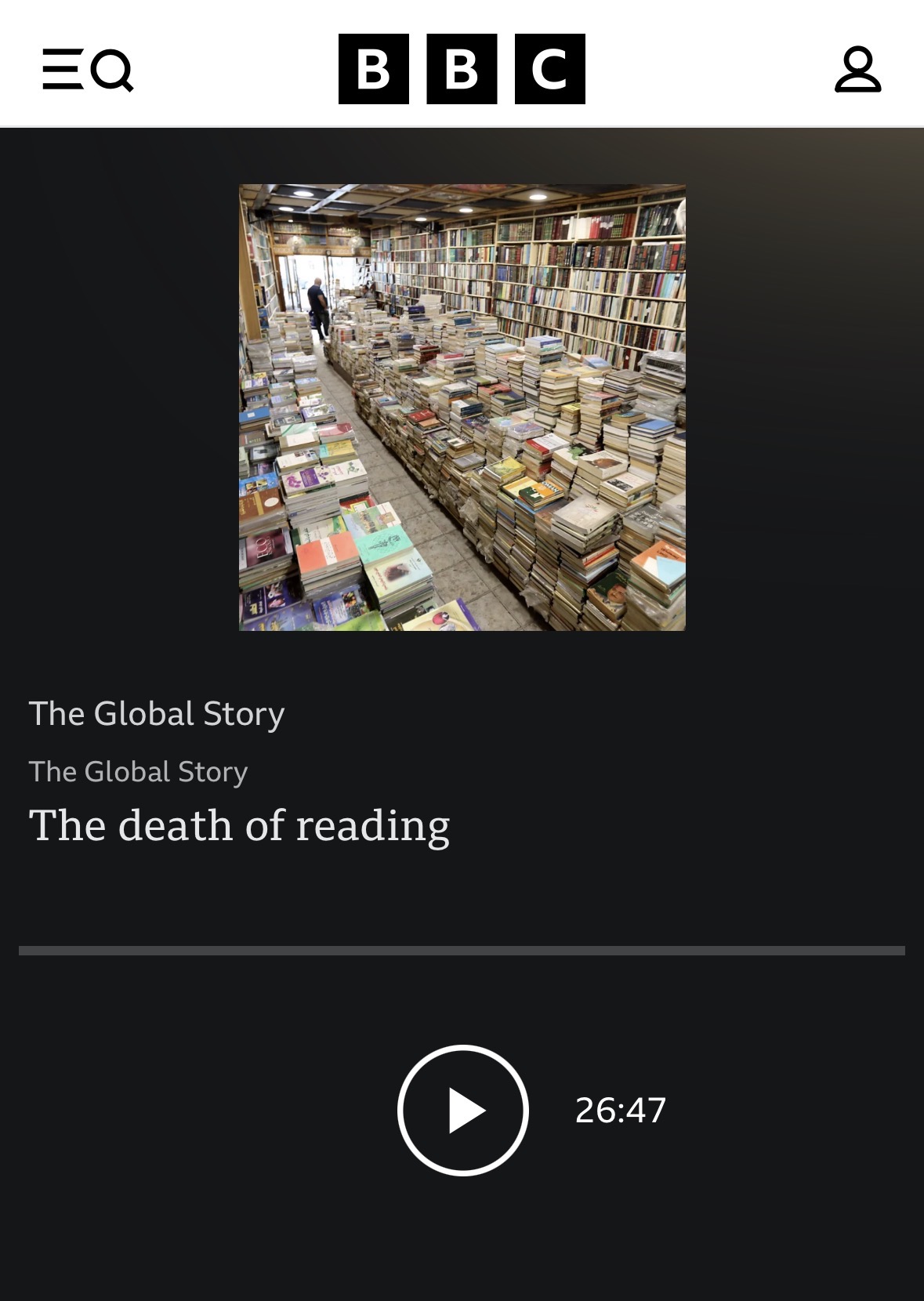Keeping up with my tradition of starting the year by “wishing you enough”. A message worth repeating every year. As a person who arguably spends more time in airports than home and as somebody who spends time in hospices with folks who regularly say their “forever goodbyes”, the story and the moral of the story rings very true to me.
Even if you have read it last year, it is a great read again. Also acknowledging Larry Mason who had originally wished me enough…
“I wish you enough!”
By Bob Perks
———————–
I never really thought that I’d spend as much time in airports as I do. I don’t know why. I always wanted to be famous and that would mean lots of travel. But I’m not famous, yet I do see more than my share of airports.
I love them and I hate them. I love them because of the people I get to watch. But they are also the same reason why I hate airports. It all comes down to “hello” and “goodbye.”I must have mentioned this a few times while writing my stories for you.
I have great difficulties with saying goodbye. Even as I write this I am experiencing that pounding sensation in my heart. If I am watching such a scene in a movie I am affected so much that I need to sit up and take a few deep breaths. So when faced with a challenge in my life I have been known to go to our local airport and watch people say goodbye. I figure nothing that is happening to me at the time could be as bad as having to say goodbye.
Watching people cling to each other, crying, and holding each other in that last embrace makes me appreciate what I have even more. Seeing them finally pull apart, extending their arms until the tips of their fingers are the last to let go, is an image that stays forefront in my mind throughout the day.
On one of my recent business trips, when I arrived at the counter to check in, the woman said, “How are you today?” I replied, “I am missing my wife already and I haven’t even said goodbye.”
She then looked at my ticket and began to ask, “How long will you…Oh, my God. You will only be gone three days!” We all laughed. My problem was I still had to say goodbye.
But I learn from goodbye moments, too.
Recently I overheard a father and daughter in their last moments together. They had announced her departure and standing near the security gate, they hugged and he said, “I love you. I wish you enough.” She in turn said, “Daddy, our life together has been more than enough. Your love is all I ever needed. I wish you enough, too, Daddy.”
They kissed and she left. He walked over toward the window where I was seated. Standing there I could see he wanted and needed to cry. I tried not to intrude on his privacy, but he welcomed me in by asking, “Did you ever say goodbye to someone knowing it would be forever?”
“Yes, I have,” I replied. Saying that brought back memories I had of expressing my love and appreciation for all my Dad had done for me. Recognizing that his days were limited, I took the time to tell him face to face how much he meant to me.
So I knew what this man was experiencing.
“Forgive me for asking, but why is this a forever goodbye?” I asked.
“I am old and she lives much too far away. I have challenges ahead and the reality is, the next trip back would be for my funeral,” he said.
“When you were saying goodbye I heard you say, “I wish you enough.” May I ask what that means?”
He began to smile. “That’s a wish that has been handed down from other generations. My parents used to say it to everyone.” He paused for a moment and looking up as if trying to remember it in detail, he smiled even more.” When we said ‘I wish you enough,’ we were wanting the other person to have a life filled with just enough good things to sustain them,” he continued and then turning toward me he shared the following as if he were reciting it from memory.
“I wish you enough sun to keep your attitude bright.
I wish you enough rain to appreciate the sun more.
I wish you enough happiness to keep your spirit alive.
I wish you enough pain so that the smallest joys in life appear much bigger.
I wish you enough gain to satisfy your wanting.
I wish you enough loss to appreciate all that you possess.
I wish enough “Hello’s” to get you through the final “Goodbye.”
He then began to sob and walked away.
—
My friends, for 2026, I wish you enough!








